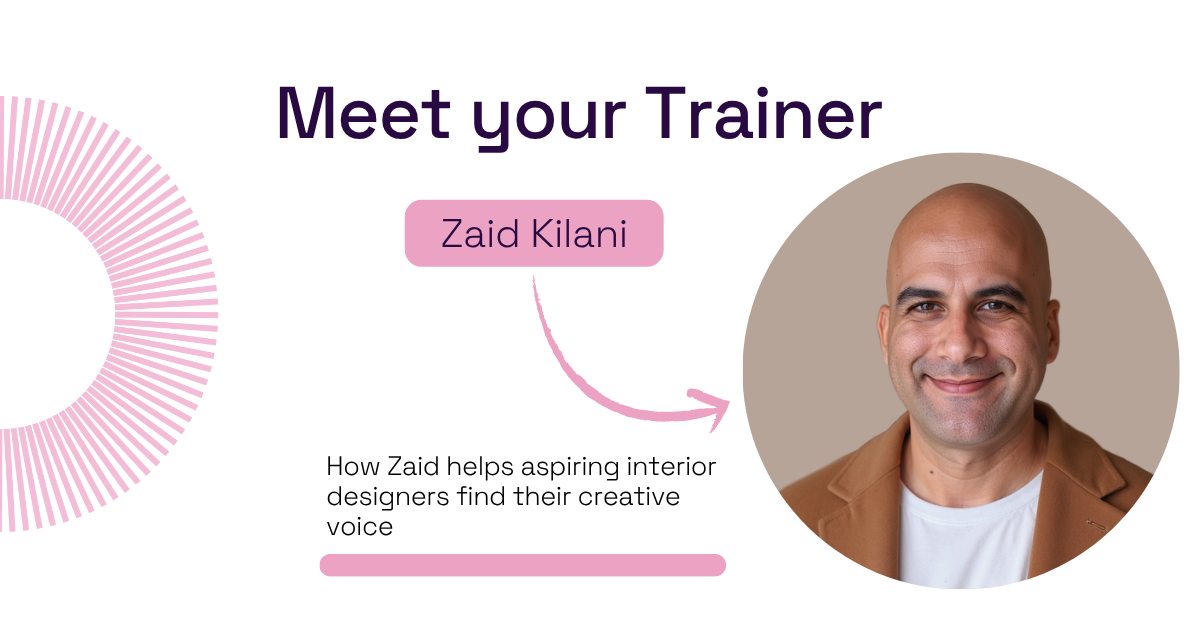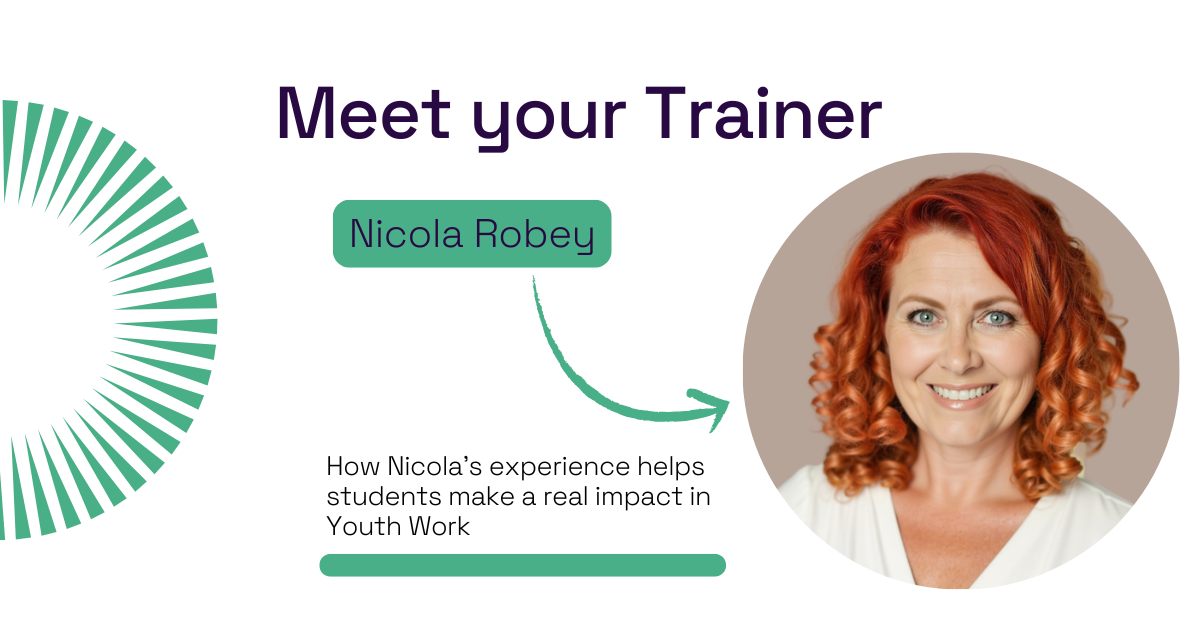Explore our collection of informative and educational blog posts to stay updated on the latest industry trends and expert advice.
A Day in the Life of a Small Business Owner

Small businesses make a significant contribution to the Australian economy and account for a large percentage of employment and production. In fact, 99 percent of all Australian businesses are considered small to medium enterprises, and 71 percent of employing businesses have between just one and four employees.
Running a small business can be extremely rewarding, and some of the benefits include autonomy, financial independence, and the personal satisfaction of working in an area of interest. Of course, the role of a business owner can also be challenging, so it’s important to be well-prepared.
If you’re currently thinking about launching a small business and want to know more about the role of a business owner, we’ve put together this brief guide to a day in the life of a business owner.
What is the job outlook for small business owners?
A small business owner’s daily tasks tend to be highly varied and can include everything from managing employers and providing customer service to marketing and managing company accounts.
According to PayScale, the average hourly pay for a small business owner in Australia is AU$35.27. Of course, how much you can expect to earn as a small business owner will also depend on your level of experience, the industry you work in, and the location you operate in.
Figures from the Department of Employment show that approximately 69,100 people are employed as small business managers in Australia, with the largest percentage (31%) employed in NSW. The majority of small business managers (74.7%) have a Certificate III or higher.
What does a typical day look like for a small business owner?
Running your own business can certainly be fulfilling, but being responsible for the day-to-day operations of a company also involves hard work and careful planning. So what does the average business owner do on a typical day?
Although some business owners do hire employees to assist with certain aspects of running their business, they still tend to be involved in most of the daily routines required to keep their business afloat, from sales and marketing to customer service to data processing and budgeting.
On a typical a day, a business owner may need to respond to messages and emails, return phone calls, place orders, deal with customer questions, feedback or complaints, and maintain careful business records. Business owners must also market their business through ad campaigns, maintain a positive presence online, and network at local events.
If the company has employees, business owners will also spend a considerable amount of time delegating tasks and communicating with other members of the team to receive progress reports and discuss any potential problems.
Is small business ownership right for you?
If you’ve always wanted to work for yourself, value independence and enjoy taking on new challenges, then starting your own small business could be the right decision for you.
Of course, there are advantages as well as disadvantages to running a business. Launching your own business gives you the opportunity to enjoy a more flexible work schedule and pursue your interests and passions. However, it also means putting in extra hours and juggling multiple responsibilities.
Business owners must be hardworking, flexible and willing to experiment and adapt to changing consumer demands. The best advice for small business owners is to do thorough research and make sure that their product is solid and that there is a demand for what they want to sell.
Taking a business management course can also help you develop the business skills that you need in order to succeed, including the planning of your business finances and cash flow, establishing networks, marketing, and identifying and understanding your customers.
If you’d like to launch your own small business, the Open Colleges BSB42615 Certificate IV in New Small Business can prepare you for success. Want to know more? Get a free course guide and consultation with one of our experienced Education Advisors.








